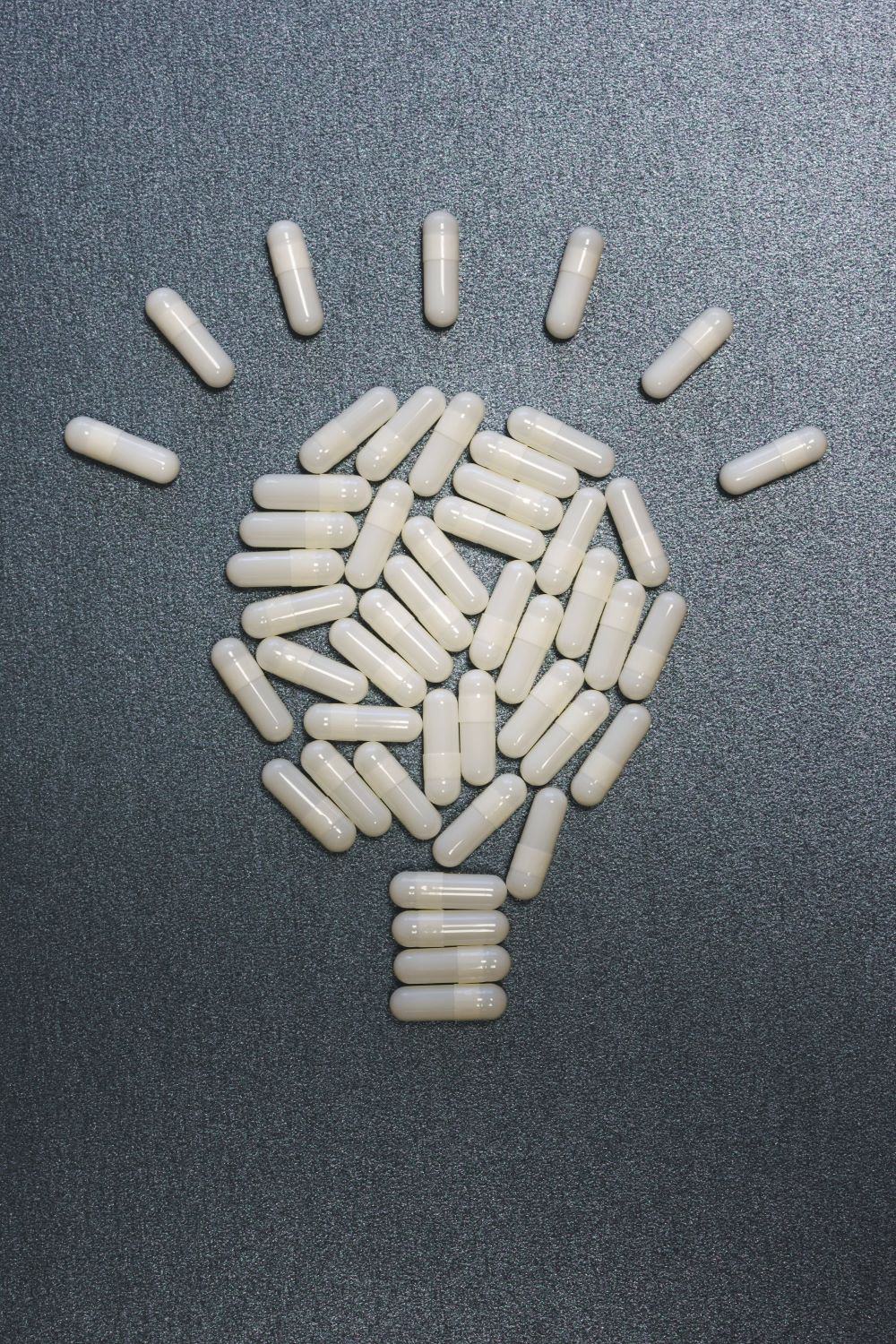Drug Rehab May Soon Include Pharmacogenetics
Posted on July 23, 2013
Pharmacogenetics looks at genetic variation to predict individual differences in response to medications. Individuals may metabolize the same medication in different ways, and their genotype may indicate some of these differences in drug metabolism. Proponents of pharmacogenetics hope that this relatively new field of study will lead to increased efficacy and safety for a wide array of drugs, including those used for addiction treatment. The addiction medicine aspects of drug rehab may be substantially improved if pharmacogenetics lives up to its promise.
Haile, Kosten, and Kosten researched how genetic variation might affect responses to cocaine, amphetamine, and methamphetamine and how genetic differences might guide pharmacotherapy. They performed a cross-referenced literature sea...
full story



